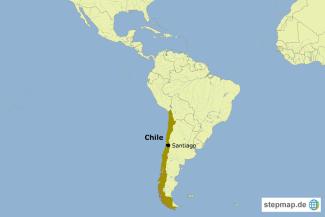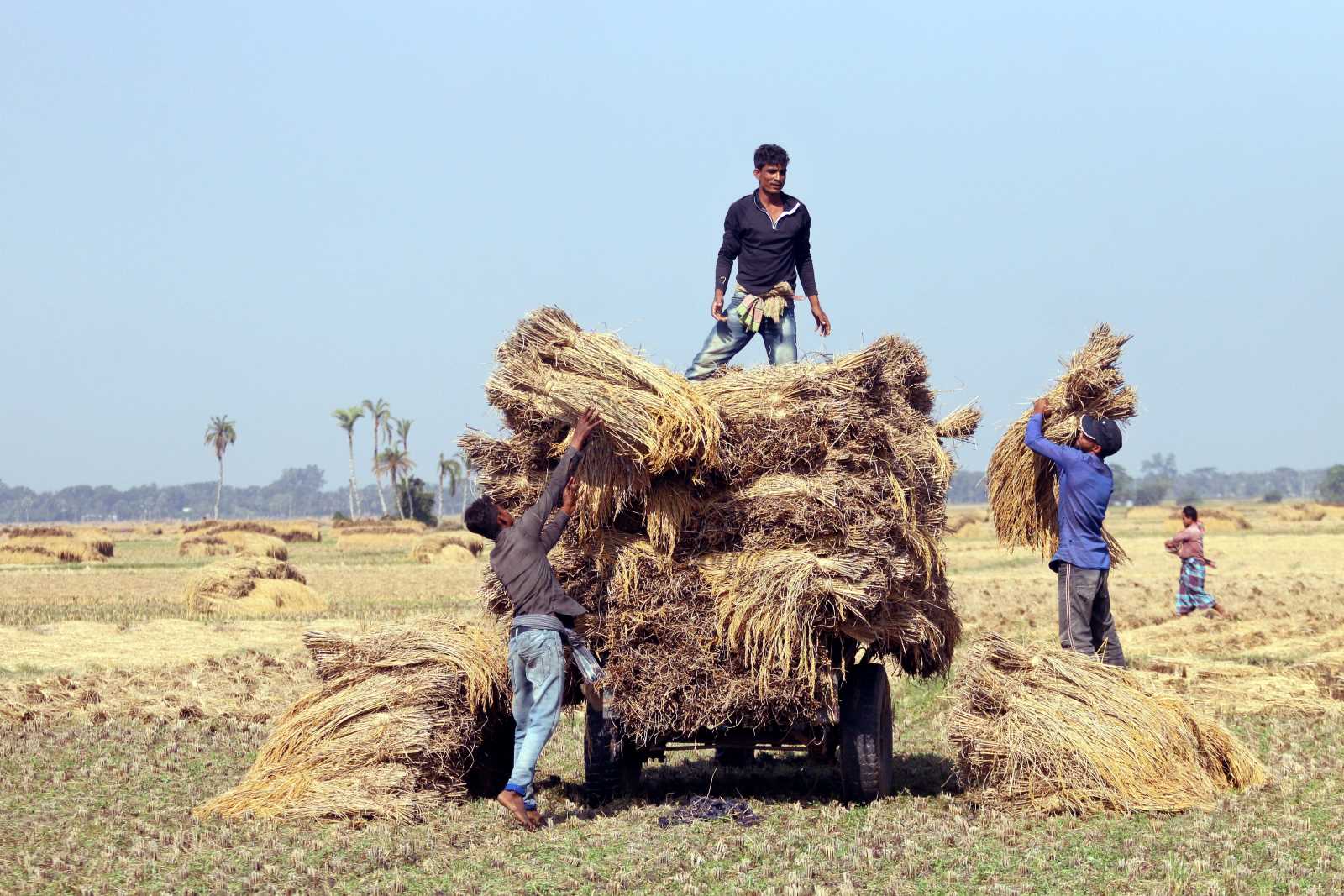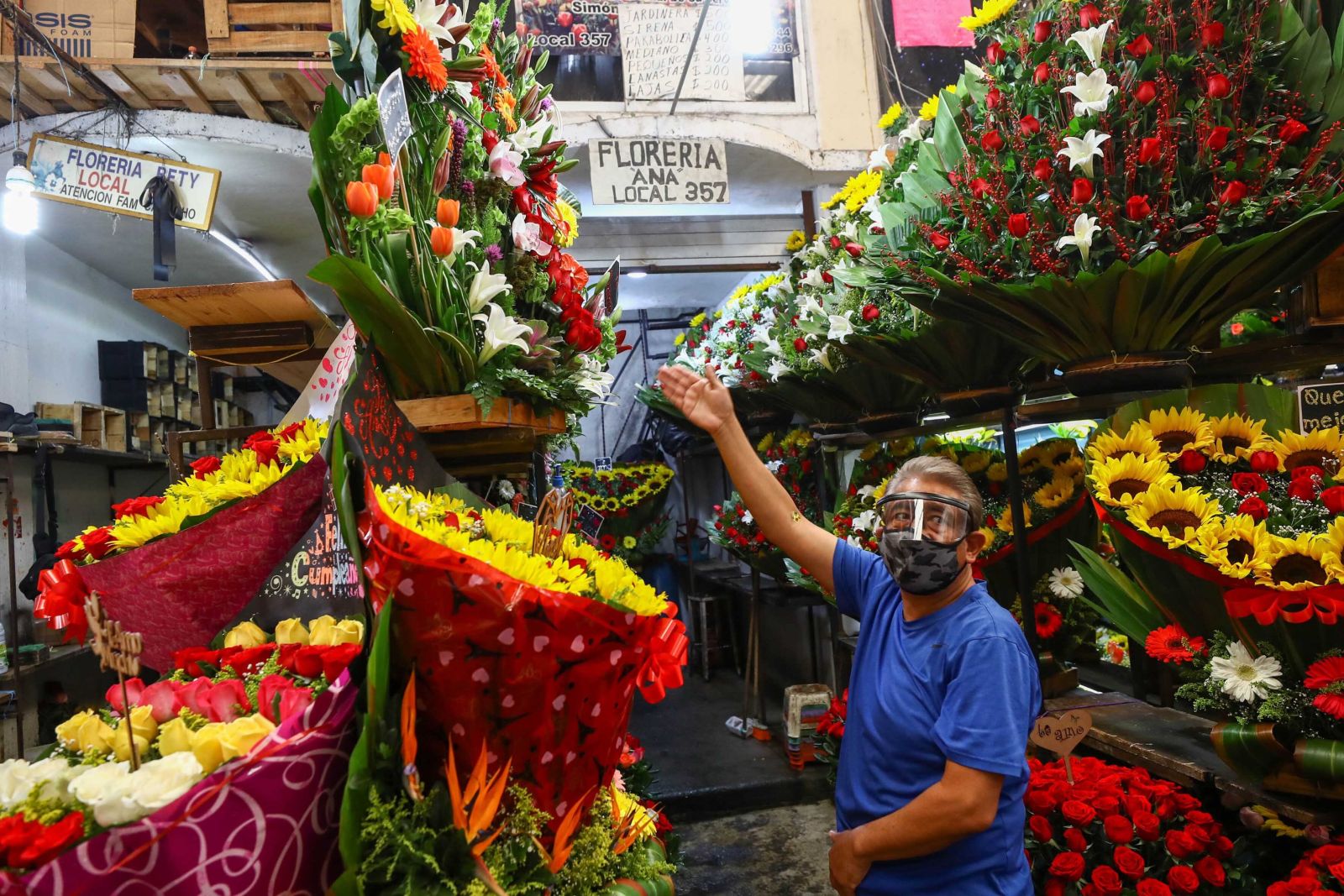Participation
Marginalised margins

The mining industry is Chile’s economic backbone. Chile produces more copper than any other country, its share amounts to 32 % of global production. Thirty percent of global reserves are here. The extractive industries account for 60 % of all exports, and they generate 12 % of GDP. As the extractive industries are mostly found in the North, these areas serve as Chile’s economic engine. Political decentralisation would mean that Santiago would lose a lot of its revenues, so there is a considerable resistance against the idea of decentralisation in the capital.
Antonio Horvath, a senator from one of Chile’s sparsely populated Southern regions, says that “a lot needs to be done” to devolve powers: “We need less concentration of economic activity and generate more real participation, for instance, with help of elected regional councils. People outside the capital feel quite frustrated, because their concerns are not taken into account.” The senator insists that Chile’s different regions need greater autonomy.
There is a commission that deals with issues of decentralisation and regional development. It is called the “Comisión Asesora Presidencial Prodescentralización y Desarrollo Regional”. Its president, Esteban Valenzuela, sees the issue in its historical context: “In the 19th century alone, we had three civil wars for independence.” In the 20th century, he says, the countryside was still “domesticated”. Now, however, three strong regional movements have appeared. Valenzuela says: “First, the Northern regions demand their share of the copper income. Second, the indigenous Mapuche people who mostly live in the South want their ancestral lands back. Third, in Patagonia, there is an strong political demand for environmental protection.”
Valenzuela calls centralism a “model of domination” which generates and reinforces inequality. He says that it is “fundamental that we can elect regional administrators. We need a regional revenue system and a different property tax.” He adds that regional authorities must play a decisive role in planning transport, development and environmental protection.
Tomás Parker Cerda is a journalist and political scientist. He lives in Santiago, Chile.
tomasparker14@gmail.com














